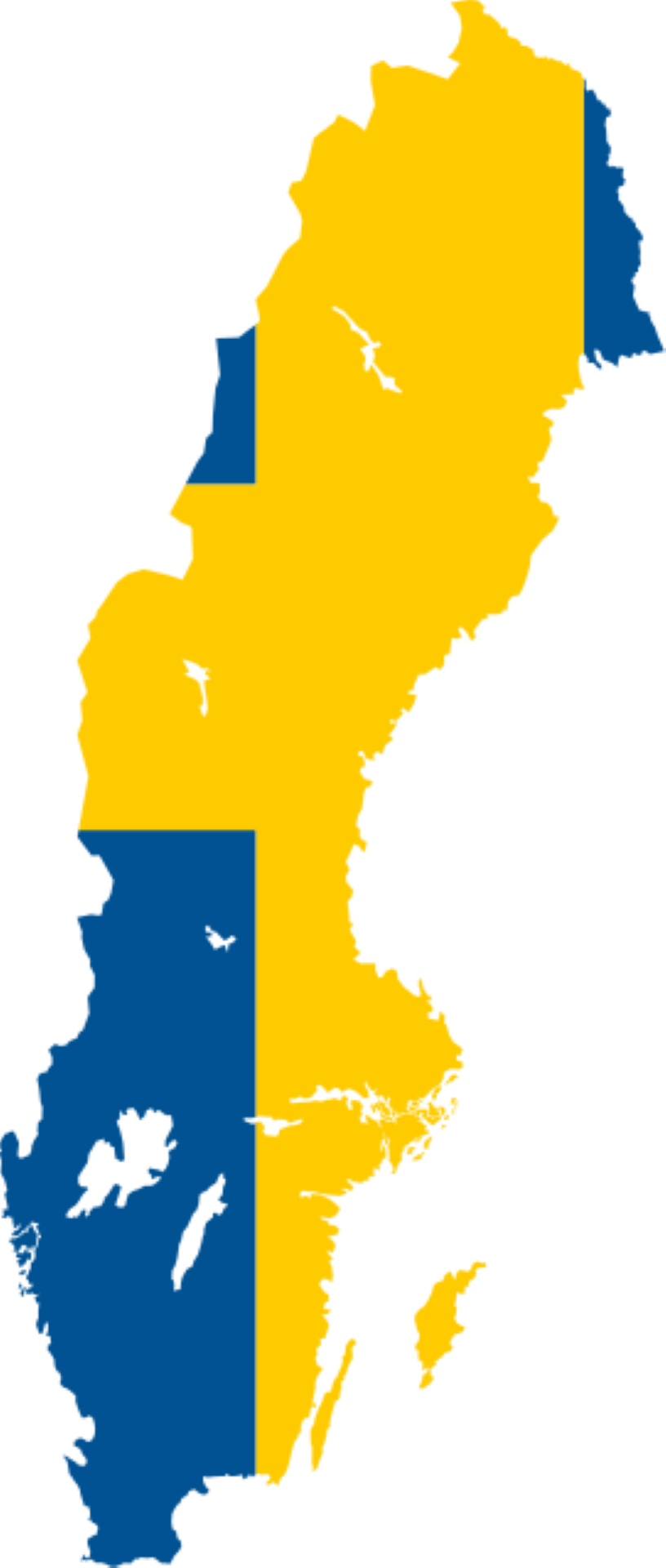So, what about credits?
The host school abroad will not provide high school credit. All credit must be granted through your home school in the U.S. or Canada. All U.S./Canadian schools have different policies.
In Sweden, we cannot guarantee your host school will provide you an official transcript. If your school will not, some host schools will provide documentation, letters, and any other materials you require upon request. You must have good behavior, attendance, and performance in order for the school to fulfill this request.
Then, you should take this documentation back to your home school as proof of your participation in the program. Your home school is responsible for awarding you credit for this program or not.
Before You Go Abroad
You should meet with your U.S./Canadian high school before you leave and share the general curriculum guidelines for Sweden with your guidance counselor and/or teachers.
Because the curriculum will vary by school and we cannot guarantee you’ll take any specific classes, it is important that you arrange the required classes required for your graduation, such as U.S. History, before or after your time abroad.
You will be provided information about the general curriculum for your age level in Sweden, but you will not know your course schedule until after you arrive in country and start attending school.
Once You’re Abroad
Please keep in mind that the grading system in other countries is different than the US. Most host schools will not grant grades or transcripts as it is too difficult to evaluate your work due to the language barrier. If your host school is able to award you grades, they won’t be an exact match to what you would get in the US.
Public schools in Sweden are free and consist of nine-year mandatory education for children aged 7 to 16. Afterward, the three years of high school is optional, but most students choose to add this to their studies. The grading system in Sweden is comprised of six different levels, A – F, A being the highest and F being a failing grade. Swedish students go to school Monday through Friday, and classes generally start at eight and finish at around three or four o’clock. Teachers usually combine lectures with study-group work or projects.













